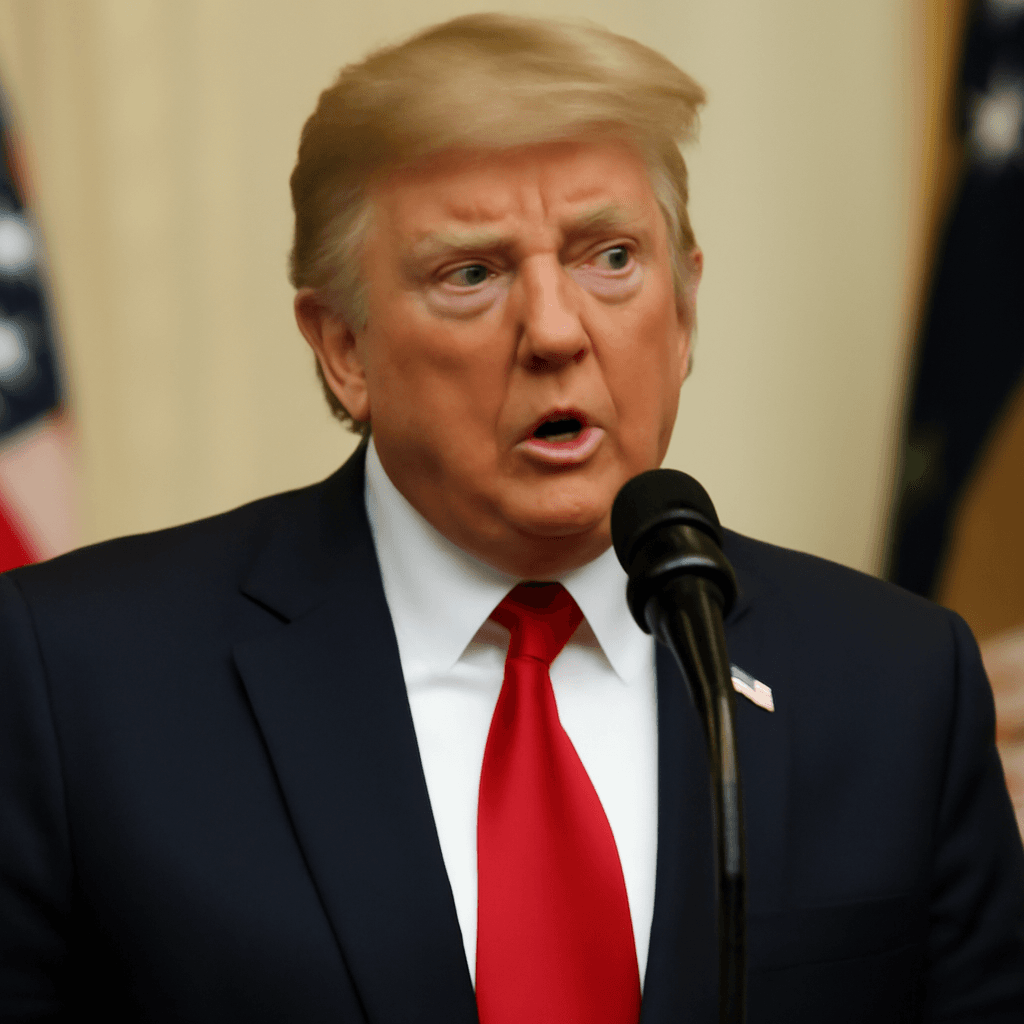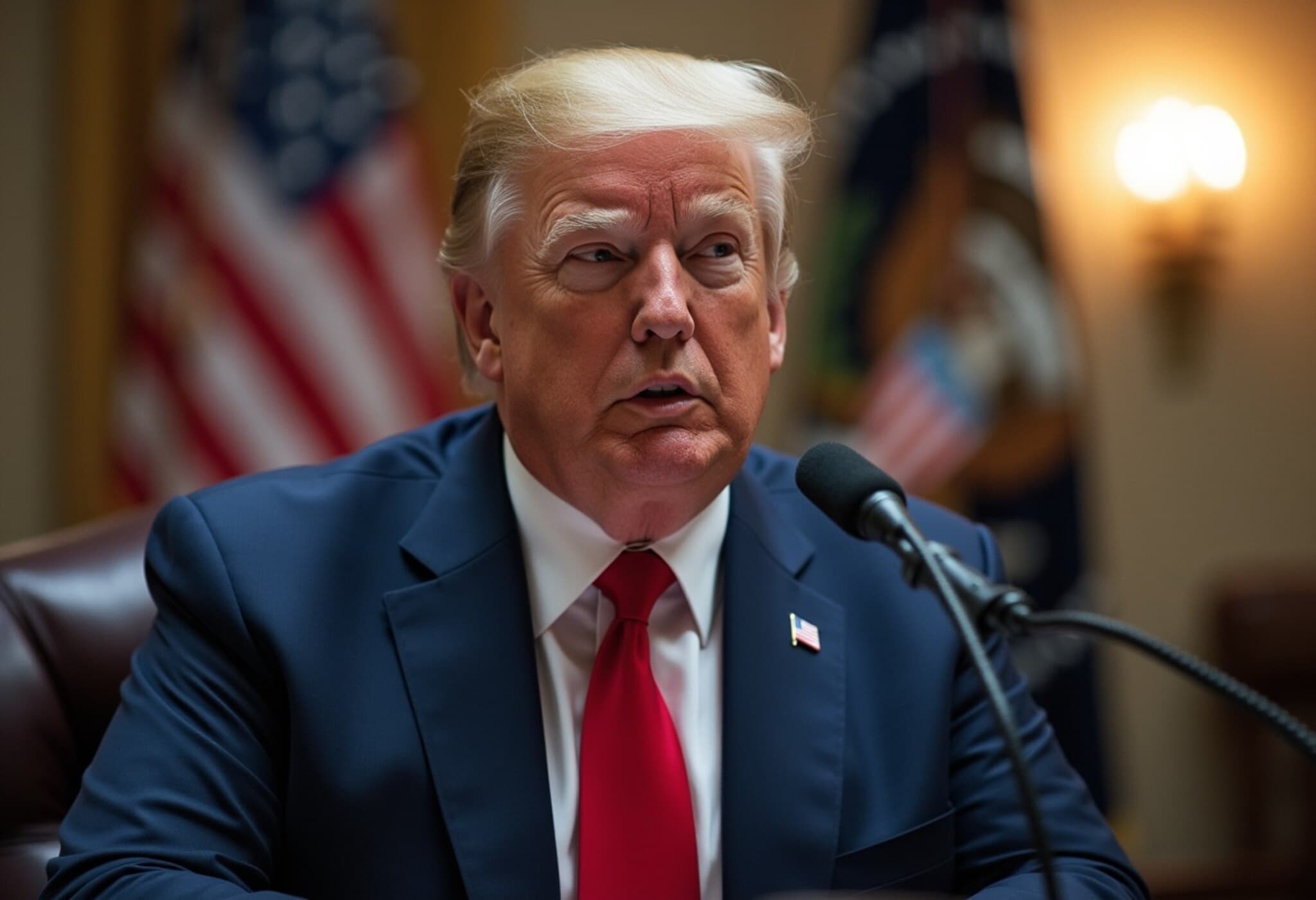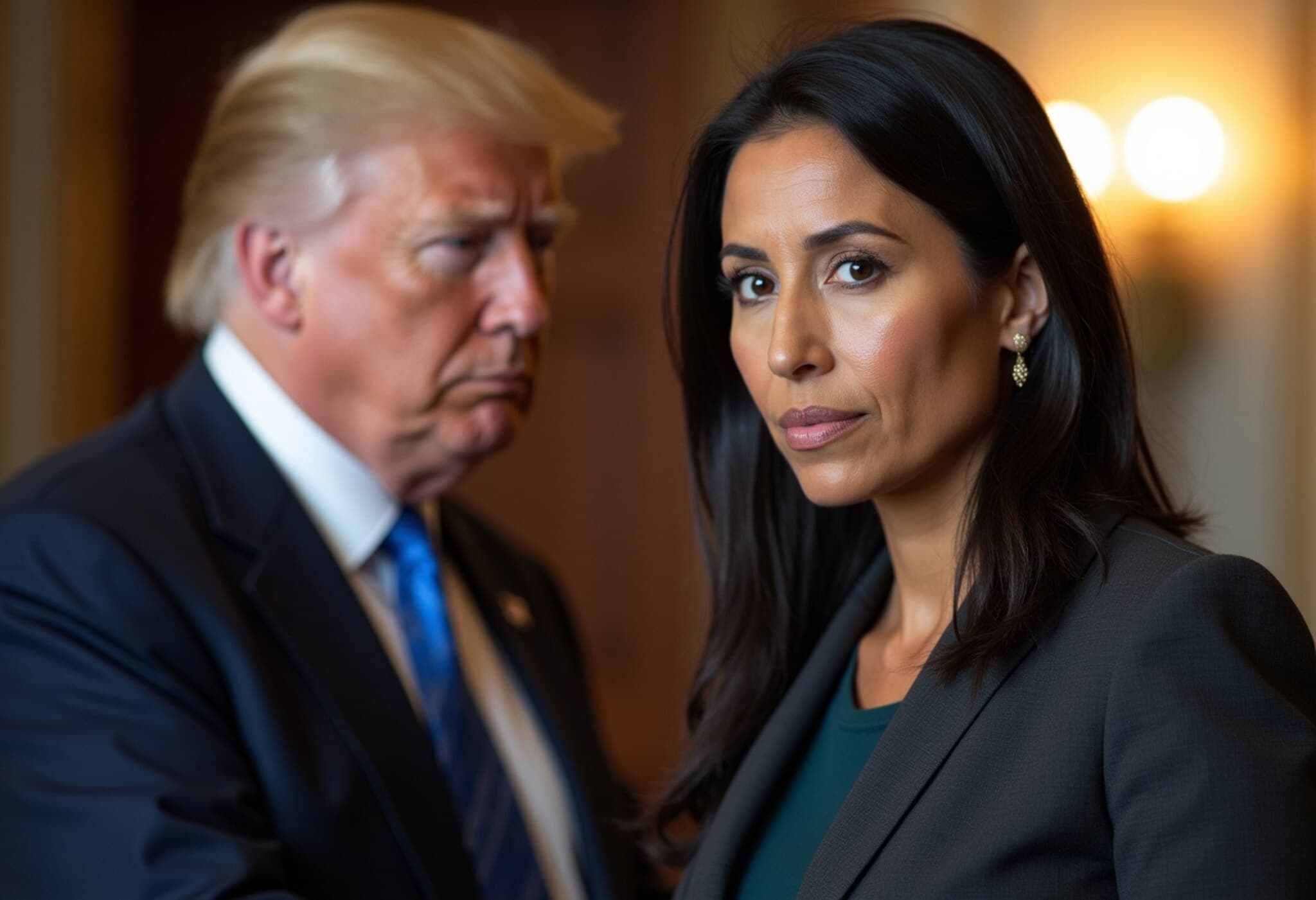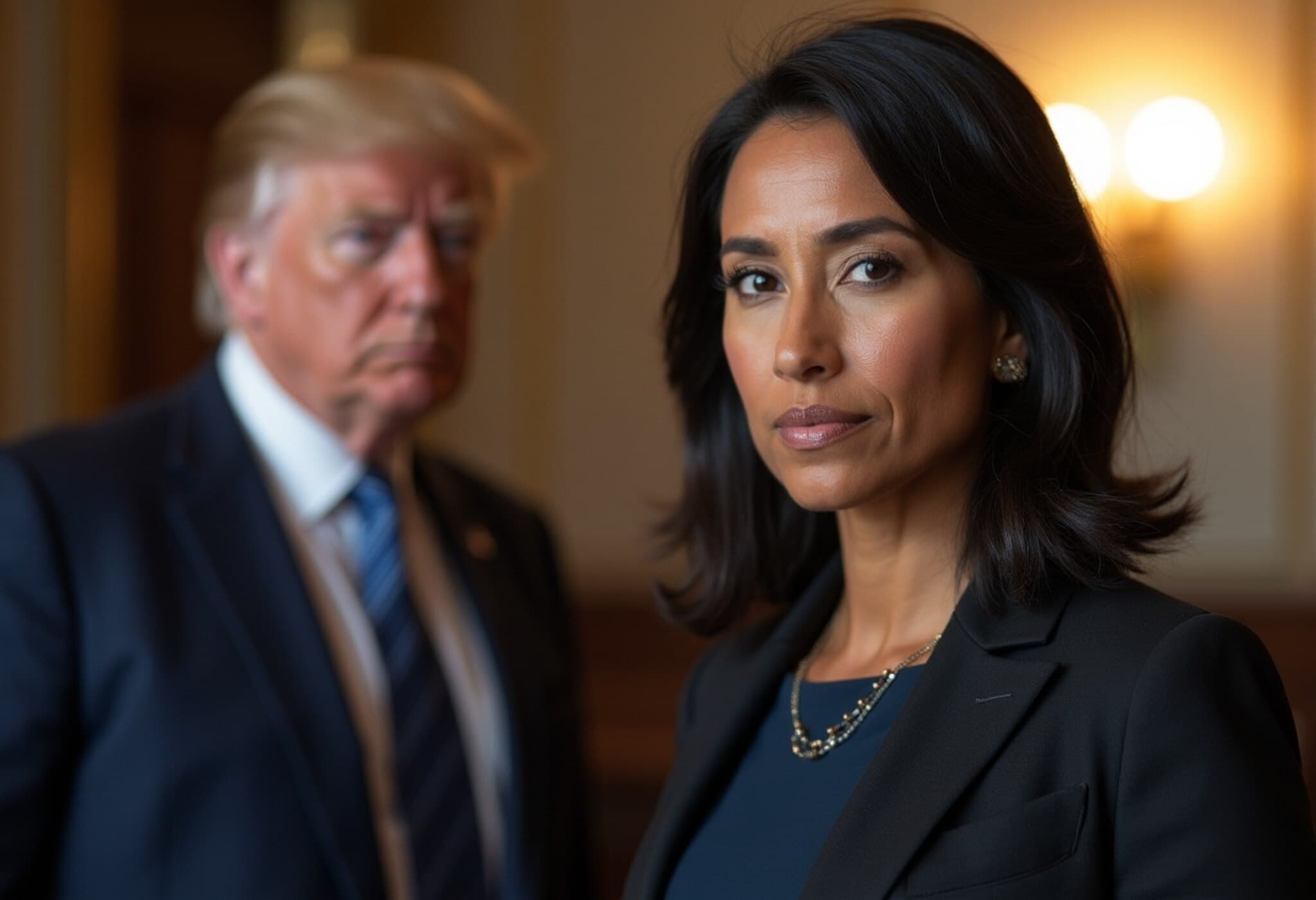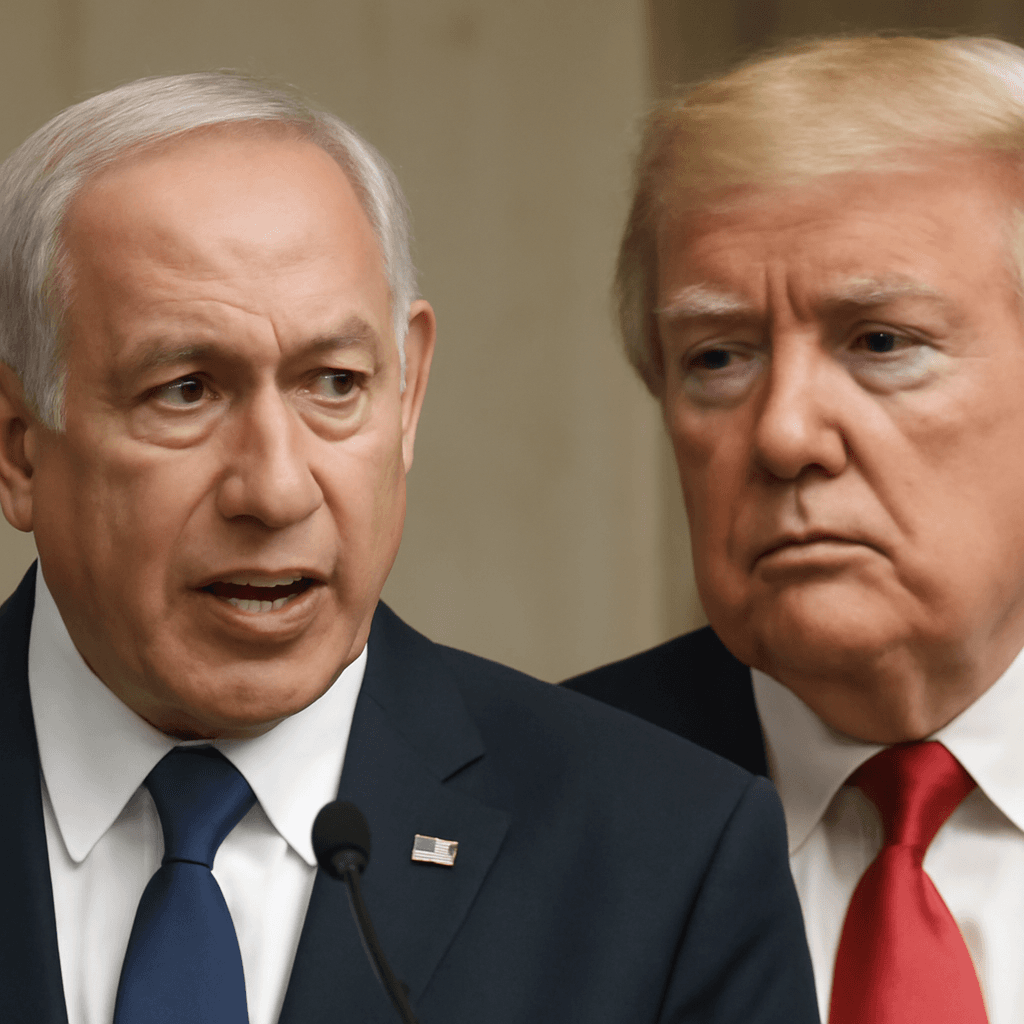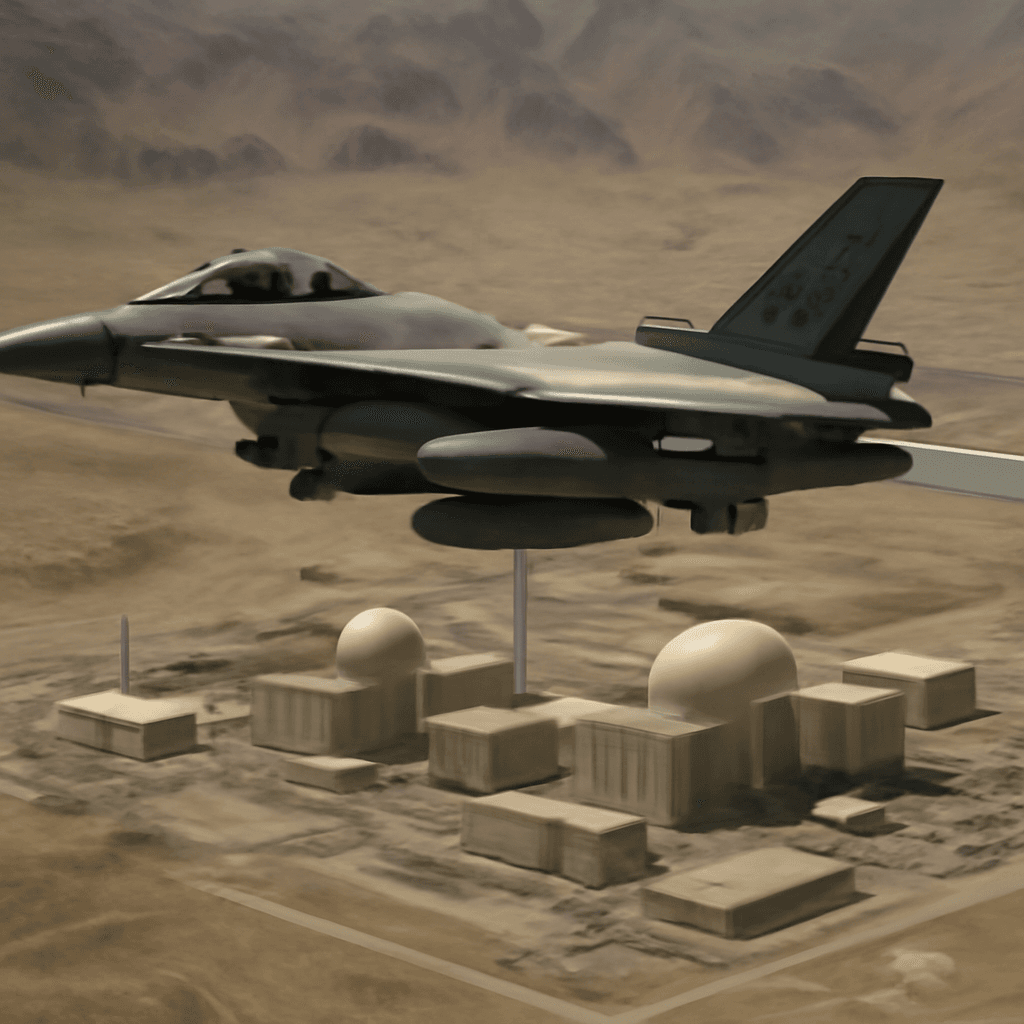Trump Dismisses Intelligence Assessments on Iran's Nuclear Ambitions
During an overnight flight returning to Washington, President Donald Trump openly rejected the findings of U.S. intelligence agencies regarding Iran’s nuclear program. Contrary to assessments that Iran is not actively building a nuclear weapon, Trump insisted the country is "very close" to possessing a bomb.
Contrasting Views Within the Administration
Earlier this year, Tulsi Gabbard, former Director of National Intelligence, testified before Congress confirming that Iran's supreme leader had not reauthorized the nation's dormant nuclear weapons program, despite the country's uranium enrichment activities. Yet, Trump dismissed these findings, siding with Israeli Prime Minister Benjamin Netanyahu’s portrayal of Iran as an imminent nuclear threat.
The President’s remarks came as he abruptly cut short his participation at the Group of Seven summit to handle escalating tensions between Israel and Iran. Meeting with national security officials, including Gabbard, Trump sought to chart a course forward amid growing unease.
Intelligence Community’s Perspective
- U.S. intelligence confirms Iran is not actively constructing a nuclear weapon.
- Iran's enriched uranium stockpile has reached its highest level—unprecedented for a non-nuclear state.
- Military leaders estimate Iran could produce enough nuclear material for multiple weapons within weeks, though assembling a bomb remains uncertain.
Senior officials acknowledged that Iran’s uranium enrichment far surpasses civilian needs, placing the nation at the brink of weaponization without crossing the threshold.
Political and Media Reactions
Gabbard accused the media of misrepresenting her earlier statements and affirmed alignment with the President's stance, emphasizing shared concerns. Meanwhile, Senate Intelligence Committee Democrat Mark Warner indicated no new intelligence contradicting Gabbard’s March testimony.
Observers note that Trump’s skepticism toward intelligence agencies mirrors his earlier disputes during his first term when he frequently challenged reports and accused officials of undermining his agenda.
Broader Implications
The conflicting narratives around Iran’s nuclear ambitions reveal a deeply polarized approach within U.S. leadership. The International Atomic Energy Agency continues to warn that Iran possesses enough enriched uranium to build several bombs if it chooses, despite Tehran’s insistence their nuclear program is peaceful.
Additionally, the tension between intelligence findings and the administration’s policy decisions surfaces in other areas, such as immigration enforcement based on contested intelligence evaluations.
Looking Ahead
As the situation in the Middle East intensifies, the White House is focusing on addressing perceived nuclear threats from Iran while managing internal disparities in intelligence interpretation. The ongoing debate underscores the complexity of balancing factual assessments with geopolitical strategy.

